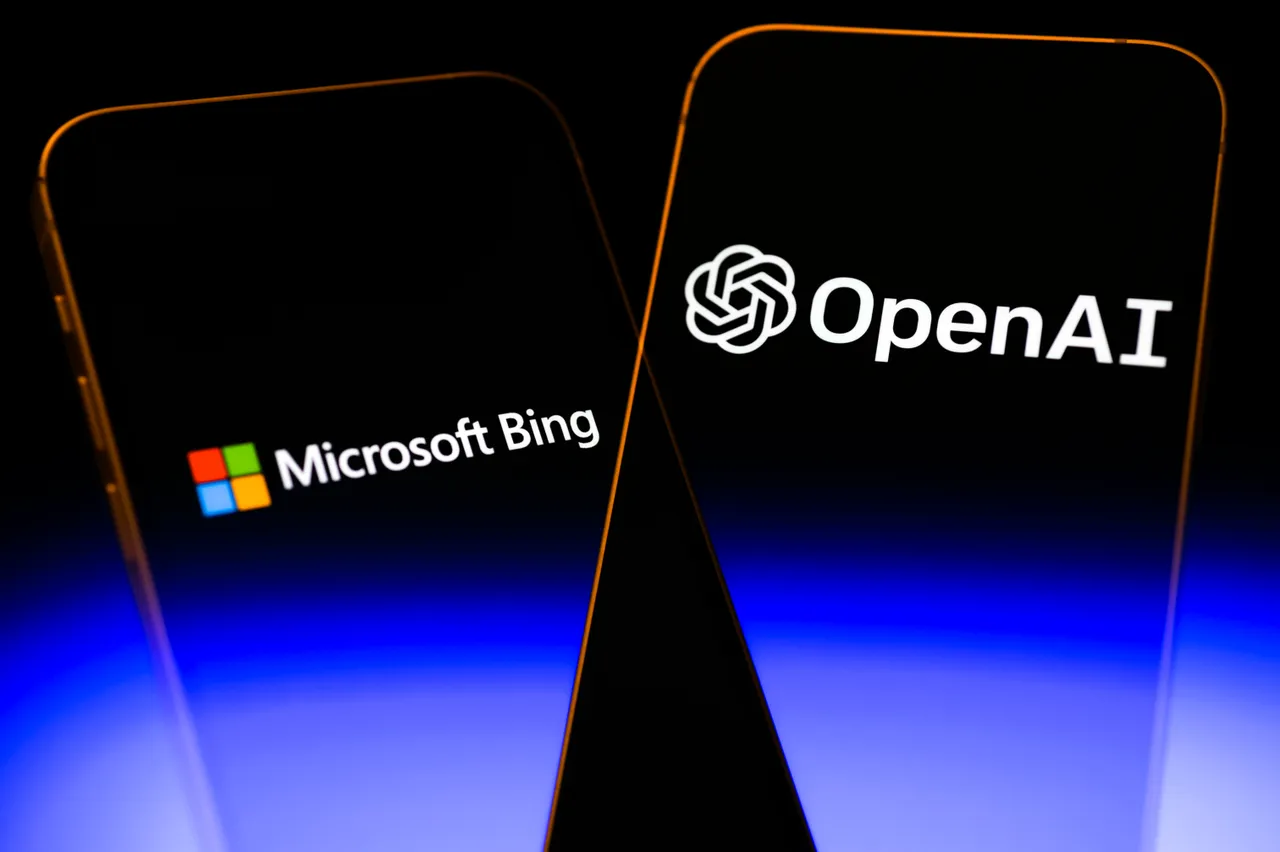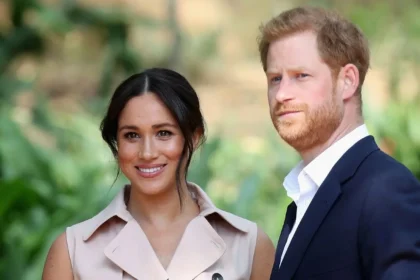Microsoft and OpenAI have unveiled an exciting collaboration at the Microsoft Build conference in Seattle, as Bing, Microsoft’s renowned search engine, takes center stage in OpenAI’s popular ChatGPT chatbot. This strategic partnership marks a significant advancement in the realm of generative artificial intelligence and underscores Microsoft’s continued investment in OpenAI’s transformative technologies.
During the conference, Microsoft CEO Satya Nadella expressed his enthusiasm for the partnership, emphasizing that this is just the beginning of their plans to leverage OpenAI’s capabilities and enrich the ChatGPT experience with the power of Bing. The integration of Bing into ChatGPT aims to provide users with timely and accurate answers by harnessing the vast wealth of search and web data.
Yusuf Mehdi, Microsoft’s consumer marketing chief, highlighted the significance of this addition, as it enables users to access a world-class search engine directly within the chat interface, complete with relevant citations and the ability to delve deeper into search results.
Microsoft’s decision to integrate Bing into ChatGPT also serves as a strategic move to expand the adoption of its search engine. Despite historical challenges in gaining significant market share against its dominant competitor, Google, Microsoft aims to boost Bing’s popularity through this collaboration. Amy Hood, Microsoft’s Chief Financial Officer, underlined the potential for revenue growth, particularly in the search advertising market, as Bing gains wider recognition and increased usage.
Critics have previously noted ChatGPT’s limitations in providing real-time information. However, with the integration of Bing, powered by OpenAI’s technology, ChatGPT can tap into up-to-date data, enabling more accurate and relevant responses to user queries. This development addresses a key area for improvement and enhances the overall user experience of the chatbot.
OpenAI’s introduction of the plugin concept earlier this year has opened new avenues for expanding ChatGPT’s capabilities. Various online services, including Expedia, Instacart, Shopify, and Slack, have already launched plugins, that extend the functionality of ChatGPT. Microsoft plans to take advantage of this feature, allowing developers to build plugins that seamlessly integrate ChatGPT, Bing, and their upcoming Copilot chatbot for Microsoft 365 apps. This move underscores Microsoft’s commitment to driving innovation and providing users with a holistic and interconnected AI experience.
The integration of Bing into ChatGPT positions Microsoft and OpenAI as formidable contenders challenging Google’s dominance in the realm of generative AI models for search and other applications. This strategic collaboration signifies a significant milestone for both companies, showcasing their dedication to advancing the field of artificial intelligence and solidifying their presence in the evolving AI landscape.
Initially, the integration of Bing into ChatGPT will be accessible to subscribers of the ChatGPT Plus service, with plans to extend access to free users in the near future. Microsoft’s aim is to revolutionize the chatbot experience, providing users with a powerful combination of OpenAI’s cutting-edge technology and Bing’s comprehensive search capabilities. This integration has the potential to transform how users interact with AI-powered chatbots and sets the stage for further innovation in the field.
Microsoft and OpenAI’s collaboration to integrate Bing search into ChatGPT marks an exciting development in the field of generative artificial intelligence. By combining Bing’s extensive search capabilities with ChatGPT’s conversational prowess, users can expect more informative and comprehensive responses. This strategic partnership not only expands the reach of Bing but also propels Microsoft and OpenAI to the forefront of AI advancements,




